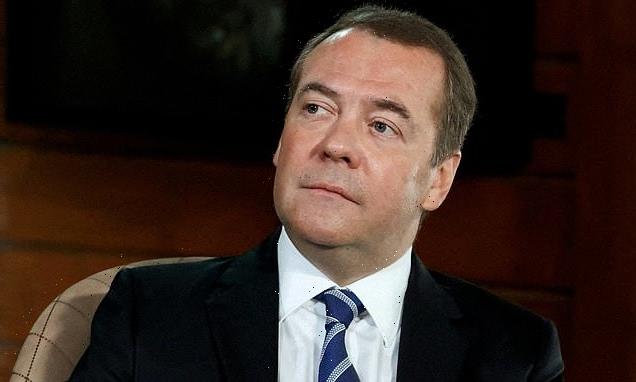THE lead up to summer sees the weather get nicer, and the skies are brighter for longer.
This is when the clocks go forward. But why does this happen and what is the history behind it?
When do the clocks go forward?
In the UK our clocks go forward in March, on the last Sunday of the month.
They will change on Sunday, March 26, 2023, at 1 am, going forward one hour, marking the start of British Summer Time (BST).
During BST there will be daylight for longer, the sun will rise earlier and earlier each day as the country heads towards thesummer solstice.
In the evening the sun will go down later, setting as late as 9.20pm on the longest day of the year.
Read more on BST
How the clocks going forward could affect your work and your pay
Reason why we change our clocks from GMT to British Summer Time
The summer solstice is the longest day of the year and has an average 16 hours of daylight.
This will be on Wednesday, June 21, in 2023.
After the solstice the number of hours of daylight will gradually decrease day by day.
The UK will then return to Greenwich Mean Time (GMT), leaving BST behind.
Most read in The Sun
Christine McGuinness in tears as she reveals reason she split from Paddy
Prem owner pockets £1.2m after one of biggest bets EVER at Cheltenham
Blow to motorists as car tax to rise from April – check how much more you'll pay
The Spring Budget's winners and losers – how it will affect you and your money
The clocks will go back on Sunday, October 29, 2023, at 2am, where we'll be heading towards winter.
The clocks change twice a year in the UK.
Why do the clocks go forward?
The main reason for the clocks changing is to make use of Daylight Saving Time.
This is done as it allows us to save energy, and make use of the extra sunlight we have access to.
Giving the high cost of living at the moment, this will be valuable as it saves us all some money on electricity bills.
The less use of electricity also means that it will better for the environment.
Do we get extra sleep when the clocks go forward?
Unfortunately, the down side of clocks going forward is that we lose an hour of sleep.
We lose the hour from 1am to 2am as we move the clocks forward.
Once clocks go back, we'll gain the hour again though, and we can all bask in the joy of more sleep.
Read More on The Sun
Matalan shoppers rush to buy £22 dress that fans say ‘doesn’t crease’
I’m a mum-of-one – Universal Credit change in Budget is ‘game-changer’ for me
What would happen if we didn't put the clocks back?
The UK would be out of sync with the other countries that observe daylight saving time (DST), including in Europe and North America.
Around 70 countries use DST around the world, which is done to preserve daylight hours in the winter months
Source: Read Full Article











